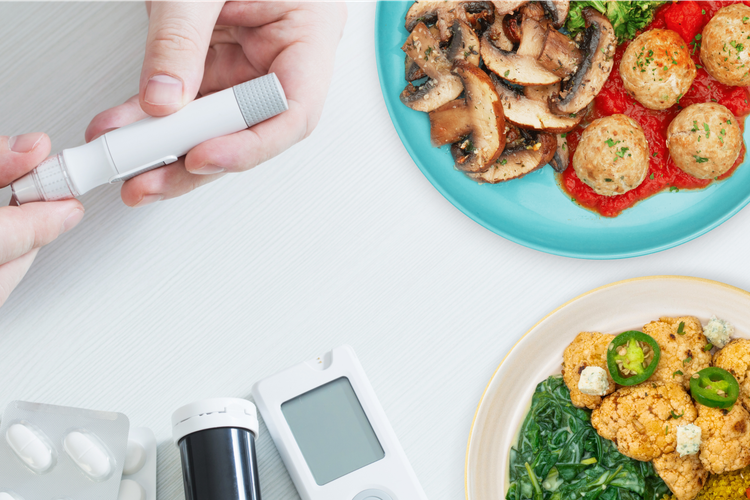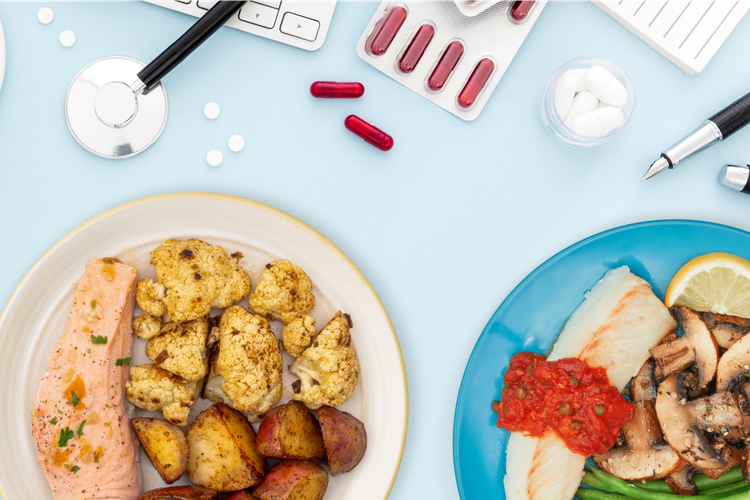
science
Diabetes and Alcohol: What You Need to Know
Managing diabetes effectively involves understanding how alcohol impacts your blood sugar. Making informed choices about drinking is essential for maintaining good health and staying in control of your diabetes.
The Connection Between Diabetes and Alcohol
Alcohol can significantly influence blood sugar levels, posing unique challenges for those managing diabetes. It’s vital to grasp how alcohol affects your body to ensure you’re making safe decisions.
How Alcohol Interacts with Blood Sugar Levels
When alcohol is consumed, your liver prioritizes processing the alcohol over regulating blood glucose levels, which can lead to hypoglycemia. This risk is heightened when drinking on an empty stomach, making it important to eat a snack while enjoying your drink.
Additionally, symptoms of low blood sugar—such as slurred speech, drowsiness, and confusion—can easily be mistaken for intoxication. For those with diabetes, this is especially concerning when taking medications like insulin. Monitoring your blood sugar closely before, during, and after drinking is essential to prevent unexpected drops.
Alcohol’s Impact on Insulin Sensitivity
Moderate alcohol consumption can improve insulin sensitivity, which is beneficial for managing type 2 diabetes. However, chronic or excessive drinking can worsen insulin resistance, complicating diabetes control. Finding the right balance is key: while moderate drinking may offer some benefits, heavy alcohol use generally results in poorer diabetes management.
Alcohol and Weight Management
Alcohol is calorie-dense, contributing to weight gain—a major factor in worsening insulin resistance and blood sugar control. Many alcoholic drinks also contain sugars and carbs, further impacting blood glucose levels. The carbohydrate content varies between different beverages, so the effect on blood sugar can differ.
Safe Alcohol Consumption Guidelines for Diabetes
For people with diabetes, moderation is crucial. The American Diabetes Association advises that if you drink alcohol, it should be limited to one drink per day for women and two drinks per day for men. It’s essential to pair alcohol with food to help stabilize blood sugar and avoid drinking on an empty stomach.
Conclusion
Understanding the relationship between diabetes and alcohol is critical for effective diabetes management. While moderate drinking may be okay, excessive alcohol use increases risks like impaired blood sugar control and weight gain. Always consult with your healthcare provider for personalized advice and closely monitor your blood sugar when drinking.
Get Professional Guidance
Schedule an appointment with one of LifeChef Health’s dietitians for personalized support on managing diabetes and alcohol consumption.



